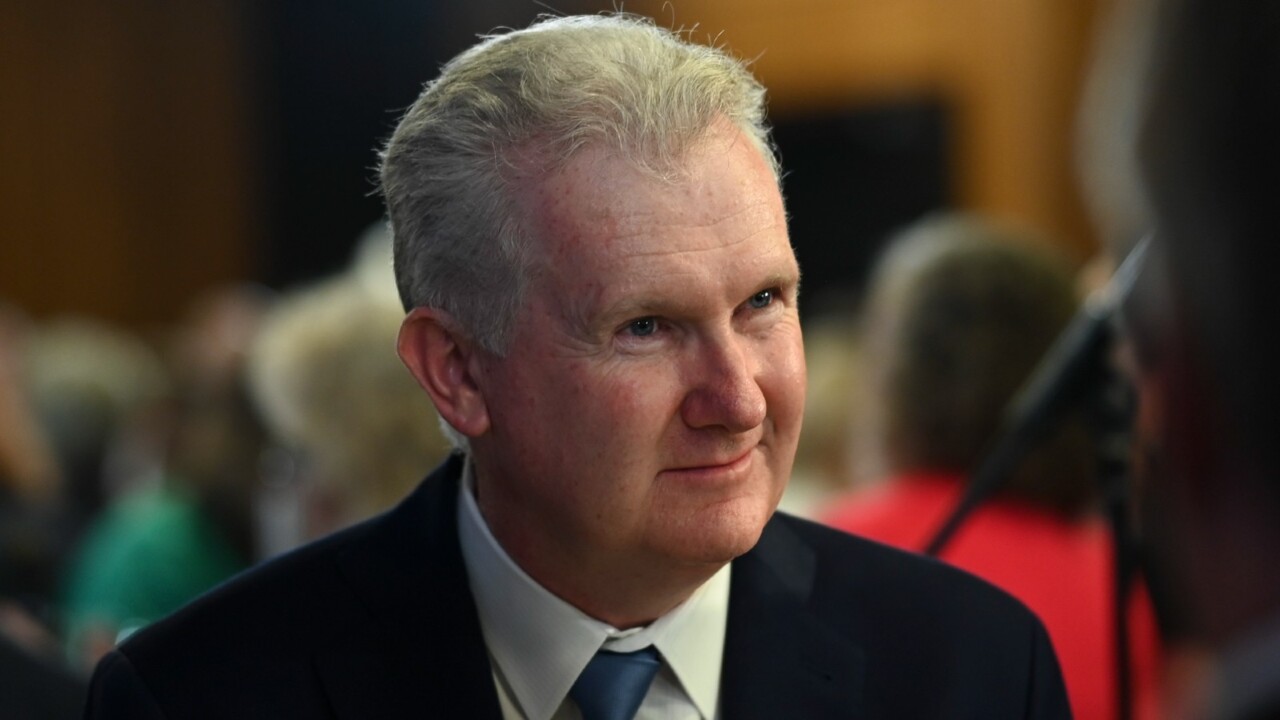Companies need to be ‘proactive’ on right-to-disconnect laws
New right-to-disconnect laws come into play from Monday but are employers prepared for when workers just say no?

Many Australian companies are unprepared for new right-to-disconnect rules and risk significant fines after the change to workplace law comes into effect next week, according to consultant Natasha Hawker.
She argues many small and medium-size employers have not yet taken action to ensure managers understand the restrictions they will face in terms of contacting staff by phone or email after hours.
Workers will have the right to refuse to respond to after-hours calls from the boss, and according to Ms Hawker, who runs a firm called Employee Matters, some workers will probably use that right to back up other claims about mental health, discrimination in promotions and even workers compensation actions against employers.
Under the Fair Work Act changes, workers can refuse to respond when contact is “unreasonable” but employers are not prevented from making the contact. Disputes should be addressed in the workplace but can be taken to the Fair Work Commission by either side. If a stop order is granted by the commission but ignored, a company could face fines of up to $18,000.
The new rules will apply from Monday to all businesses with more than 15 employees; smaller companies have another 12 months to sort out their protocols before the rule comes into play for them on August 26, 2025.

Ms Hawker said the fact the right to disconnect is now protected by law should not be seen in isolation but rather as potentially intersecting with other workplace rules.
She said it would give employees more material with which to argue related claims.
“You are now required to protect your employees from psychosocial hazards under the People at Work legislation, and I think excessive contact outside hours could contribute to that stress,” she said. “So right-to-disconnect plays into that legislation.
“We’re starting to see workers comp claims increasing around stress and mental health injuries – and I think right to disconnect is going to further contribute to that.”
Ms Hawker said workers could also use the right-to-disconnect laws to argue they had been underpaid for work done after hours.
“It’s going to be much easier to run a general protection claim now with right to disconnect being a protected right,” she said.
“I think there’s going to be a culmination of a whole lot of those things. What we’ll start to see, for example, under psychosocial hazards, employees will claim their work contributed to their mental health issue because they were contacted outside work, for example, at one o’clock in the morning.
“There will be an increase of people going, hang on, I’m being discriminated against because I’m exercising that workplace right. And I think we’ll see that because people are now aware that they are not being paid for those hours that they’re doing externally, they’ll start to agitate for more pay.”
She said companies needed to reset the practices for managers who might be unaware that it was longer appropriate to contact people after hours.
They could take practical measures to make it clear to staff that they had a right not to respond.
“We need to educate people in simple things like putting on your email signature, that if you receive this email outside normal working hours, you have no obligation to respond,” she said. “It’s about managers adjusting their behaviours and habits. (Some) are just used to calling employees whenever they feel like it, so it’s about educating the business about the justifiable reasons to contact people after hours.”
Employers needed to change policies and in some cases should change job descriptions and contracts, she said.
“It may be that employment contracts need to stipulate when contact is allowed outside standard working hours, for example, in global roles where conference calls with the UK are a normal part of the job,” she said.
She said many businesses did not appreciate the level of unseen work by employees and the new rules would force them to look more closely at staffing levels.
Ms Hawker said the legislation could not be dealt with by companies “ticking a box” by circulating a new policy to their managers.
“I think the legislation has been deliberately designed to make companies much more proactive,” she said.





To join the conversation, please log in. Don't have an account? Register
Join the conversation, you are commenting as Logout